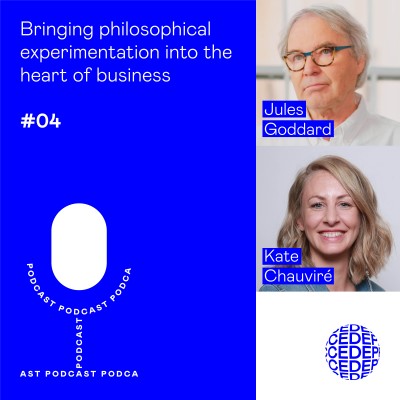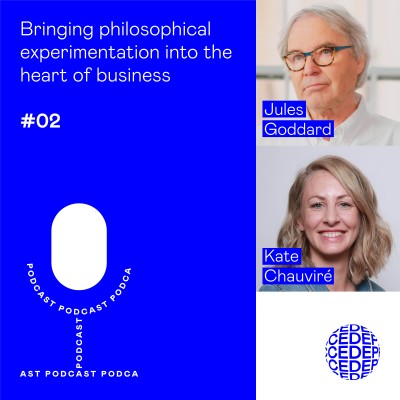Description
Speakers:
Jules Goddard, CEDEP Faculty, Fellow of London Business School, Member of the Council of the Royal Institute of Philosophy and author of recently published books on both philosophy and business experimentation.
Kate Chauviré, Director, Academic Planning and Coordination, CEDEP
There is still so much to discover about human nature, the psychology of choice, and the more practical issues of employee engagement and productivity. We are fallible creatures, and we operate with assumptions, many of which are flawed, if not false.
John Wanamaker famously said: “Half of my advertising budget is wasted; the trouble is I don’t know which half.” In business, we could equally say: “Half of the assumptions underpinning our strategic plan are falsehoods, but sadly we don’t know which half.”
Experimentation in business is the royal road – the scientific approach – to discovery. Yet, most firms would prefer to save on the cost and delay of experimentation than learn where they are going wrong. Most firms, particularly as they become large, lose touch with the world and operate in an echo chamber of clichés and conventional wisdom. It takes courage to be open to what the world has to teach us.
Experimentation is the artificial manufacturing of extraordinary experiences without having to travel very far. Pragmatism is helpful here - the belief that we act our way into more accurate ways of thinking rather than think our way into more effective ways of acting. Planning tends to start with objectives to be reached and routes to be plotted, whereas experimentation typically begins with questions to be answered and tests to be conducted.
We need to rethink how we do business – be more adventurous, try new approaches, open up to being lucky and bumping into a discovery, make a breakthrough and find a winning strategy. This is the precious art of experimentation.
Hosted on Ausha. See ausha.co/privacy-policy for more information.





